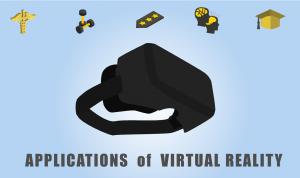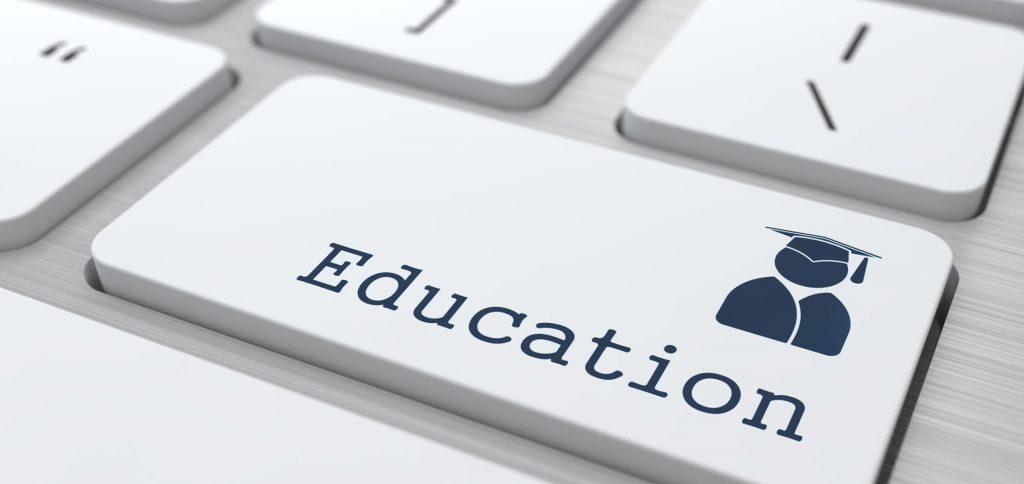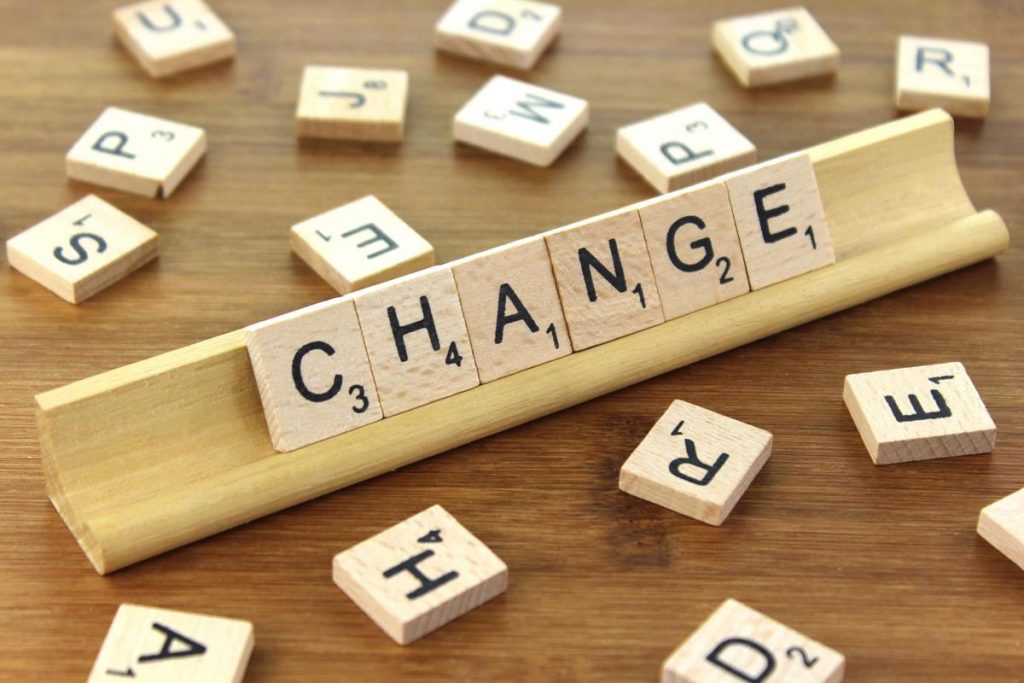
The concept of virtual reality has actually been around for decades ever since 1957. But it has only reached the mainstream market around half a decade ago with the introduction of Oculus Rift through a fundraising campaign. Games and entertainment are the common application of VR you will usually experience.
As a matter of fact, there are many more other useful application of VR in other fields such as military, sports, mental health, medical training and education.
Military
VR can be adopted by the military in their training. Since many of the military trainings simulates combat scenarios and dangerous environments. This can be costly and dangerous for the military to always perform. VR can then help by placing recruits in a different situations and environments. It can simulate trainings such as flight simulation, battlefield simulation, medic training, and vehicle simulation.
The US military has already actively adopted it, as they can reduce the risk of death and serious injury to their recruits. Moreover, the military Air force could also reduce their training cost significantly by not using an actual aircraft and teach complex techniques and skills in a controlled environment. Thus, virtual reality is useful for military application as it helps simulate trainings for soldiers in a safer and more cost effective method.
Sport
VR is also changing the sports industry for both athletes and viewers alike. It can help in trainings for many sports to measure the athletes’ performance and analyse techniques more efficiently. Besides training the athletes physically, it can also help train them mentally as it is also important.
Other than the athletes, viewer’s experience can also be enhanced by watching a streamed live sports game in virtual reality. Broadcasters and competition organizers are also keen in selling ‘virtual tickets” to live games one day.
Medical Training
Medical and dental students can also benefit from using VR to practice surgeries and procedures in their studies. It provides them a free learning environment and situation that has no consequences whatever their actions are. Comparing it to practicing or developing their skills on a live patient or case, it can be risky for anyone involve as mistakes are common.
VR can effectively help the students to develop their skills more confidently and later applied to real patients. Thus, VR can help avoid fatal or costly mistake that can harm the patients and even the students themselves.
Mental Health
Apart from training and entertainment, VR can also be used to treat post-traumatic stress by patients. They can be treated by exposure therapy, where they will be placed in a recreated traumatic event. VR can help simulate the traumatic event to the patients such as flying or being in a crowded place.
This can help patients to tackle their phobias, anxiety and depression. VR can simulate the therapy in a more controlled and safer environment for the patients to come into contact with whatever they fear.
Education
VR is also commonly thought of and used in education for teaching and learning situations. It can place Students to immerse themselves to interact with one another within a 3 dimensional learning environment. Students can also go on virtual field trips such as to the museum or historical places such as the pyramid. They can even feel what is it like to walk around the streets of the Renaissance. Their attention span will increase as they are immerse into a learning world and help them learn more effectively.
Conclusion
VR is really more than just games and entertainment, they can applied to many other different situations than what we have mentioned. VR is still in its early stages and it is still growing. It will be interesting to see what VR can offer in the coming future as the adoption increases. If you have an idea for a Virtual Reality game or useful application and need help to develop it, reach us at Gameka.




About The Author: Bernard Yap
More posts by Bernard Yap